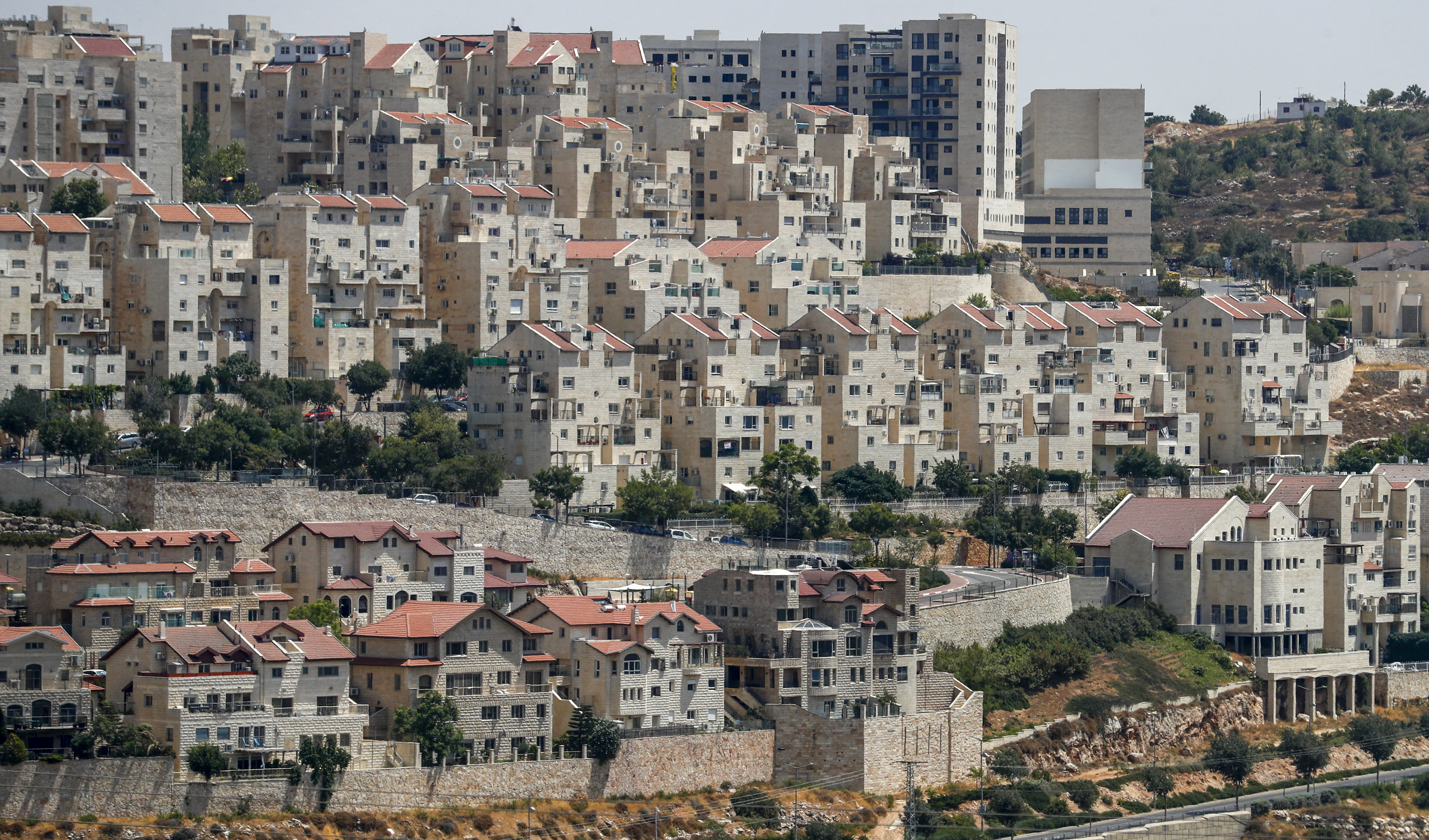
Ramallah, occupied West Bank – Israel’s State Prosecutor has closed the case of an Israeli settler who stabbed a Palestinian man to death in June in the Israeli-occupied West Bank.
The prosecution informed the family on Thursday that the investigation into the unnamed settler was closed “on the basis that the attack was a case of self-defence”, the youth’s uncle told Al Jazeera.
Ali Hassan Harb, 27, was stabbed in the chest and killed on June 21 by an Israeli settler while on the Harb family’s land in the town of Iskaka on the outskirts of Salfit city, near the illegal Jewish settlement of Ariel, according to rights groups and Harb’s family.
He had gone down to the land along with other family members after a group of settlers arrived to set up an outpost.
Naeem Harb, the main witness to the attack and the youth’s uncle, said the family intends to keep pushing for accountability despite the closure of the investigation.
“Even if the court decided to close the case, we will go to the Supreme Court, and then we will go to the International Criminal Court (ICC),” said Naeem. “We will keep going until the last sliver of hope, until the last breath, until this killer and this government are punished – we will not leave them alone.”
The State Prosecutor released a statement on Thursday saying, “after reviewing evidence in the case, including statements from those involved in the incident … the decision was made to close the case since the claim of self-defence could not be ruled out,” according to Israeli media.
An Israeli settler stabbed a Palestinian man to death in the occupied West Bank, reportedly as settlers tried to take over a plot of Palestinian land.
Officials say Ali Hassan Harb, 27, was stabbed "directly in the heart."
Israel says it is investigating but made no arrests. pic.twitter.com/1fbvOrZ2Ai
— AJ+ (@ajplus) June 22, 2022
Lack of accountability
Soon after the killing, Naeem had said that the attack happened in the presence of the Israeli army.
He told Al Jazeera he was approximately a metre away from his nephew when he was stabbed.
“The settlers came to our land and the killing happened in front of the army’s eyes and under their protection,” said Naeem. “The settlers were not exposed to any danger. We went to the land and told them to leave, and they left, and then came back with the army and killed the martyr, Ali.”
“After the settler stabbed him, the soldiers prevented us from advancing to him or giving him any help. He was on the ground for 20 minutes, bleeding out,” added Naeem.
Documentation by rights group Yesh Din, which monitors settler attacks in the occupied West Bank, showed a similar sequence of events.
“Settlers arrived at the scene and attempted to set up a tent. Friction ensued and settlers left the place. Immediately afterward, soldiers arrived at the scene, and later the settlers returned,” Yesh Din said in a statement.
After the settlers returned, violence again broke out, “during which a settler pulled out a knife and stabbed the young man to death”, the organisation said.
Settler violence and attacks are a daily reality for Palestinians in the occupied West Bank and East Jerusalem, where at least 600,000 Israeli settlers live in approximately 250 illegal settlements, according to rights groups.
The vast majority of investigations into attacks are closed without any punishment for the settlers.
According to Yesh Din, since 2005, 92 percent of cases were closed at the end of an investigation without an indictment filed.
Only three percent of files have led to convictions in the same period.
Murad Samara, a social and political activist in Salfit, a governorate in the northern West Bank highly affected by settler attacks, said the closure of the investigation is part of longstanding Israeli policy.
“Ali Harb’s killing is not the first. We hope it’s the last, but in light of Israel’s organised policies, whoever is in government, to protect the settlers and the Israeli forces – that if they carry out crimes against Palestinians, they are not held accountable.” Samara told Al Jazeera.
“There is no justice in Israel’s justice system,” Samara added. “Our people and our political leaders must search for alternatives in order to seize our rights and to hold settlers, and soldiers, and officers of the occupation accountable in international courts.”
As for Naeem, he says that his family have little faith in the Israeli justice system.
“This is an occupation government. They give impunity to the settlers and to the army to kill Palestinians as they wish,” he said. “We do not bet on their government, or their justice.”







